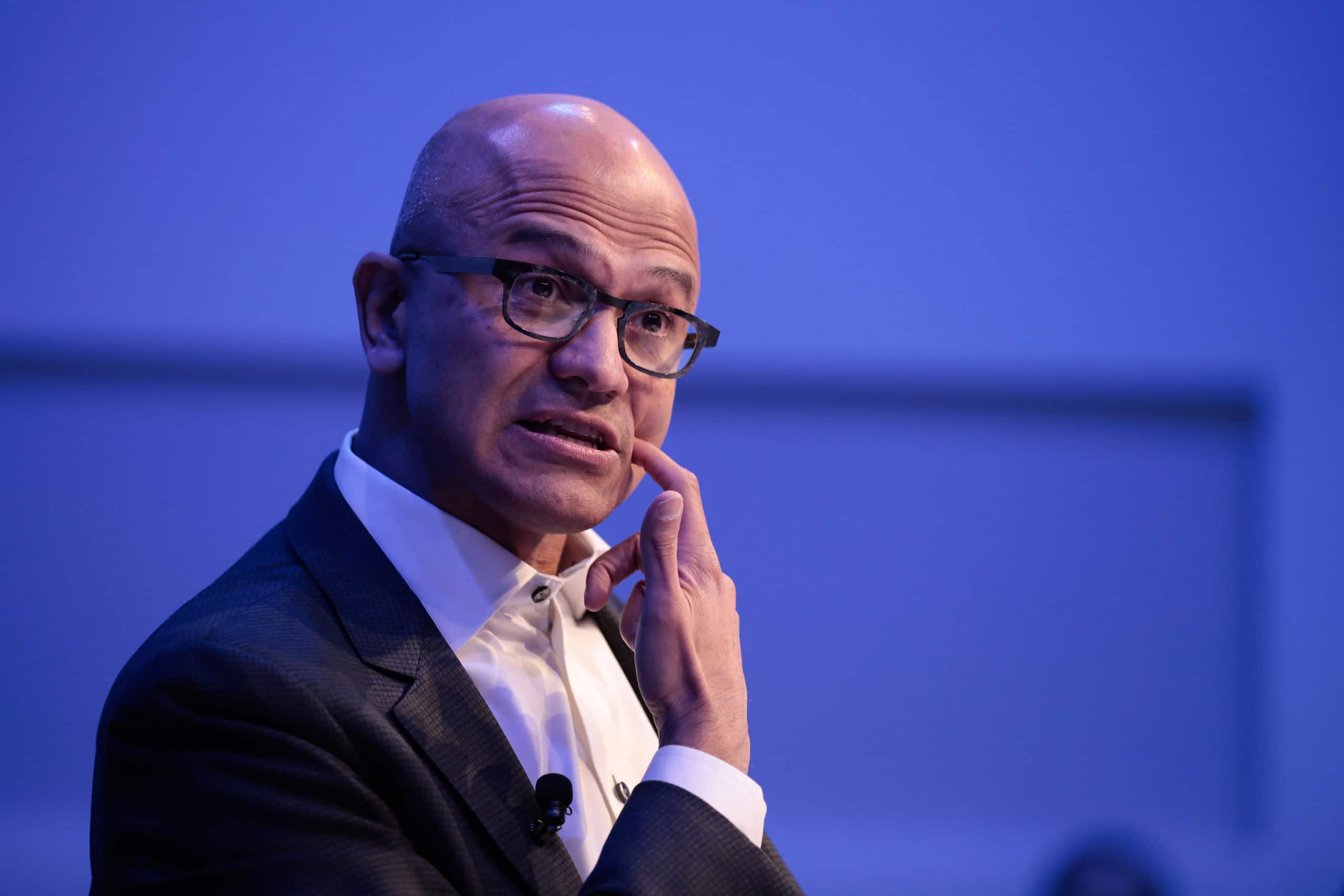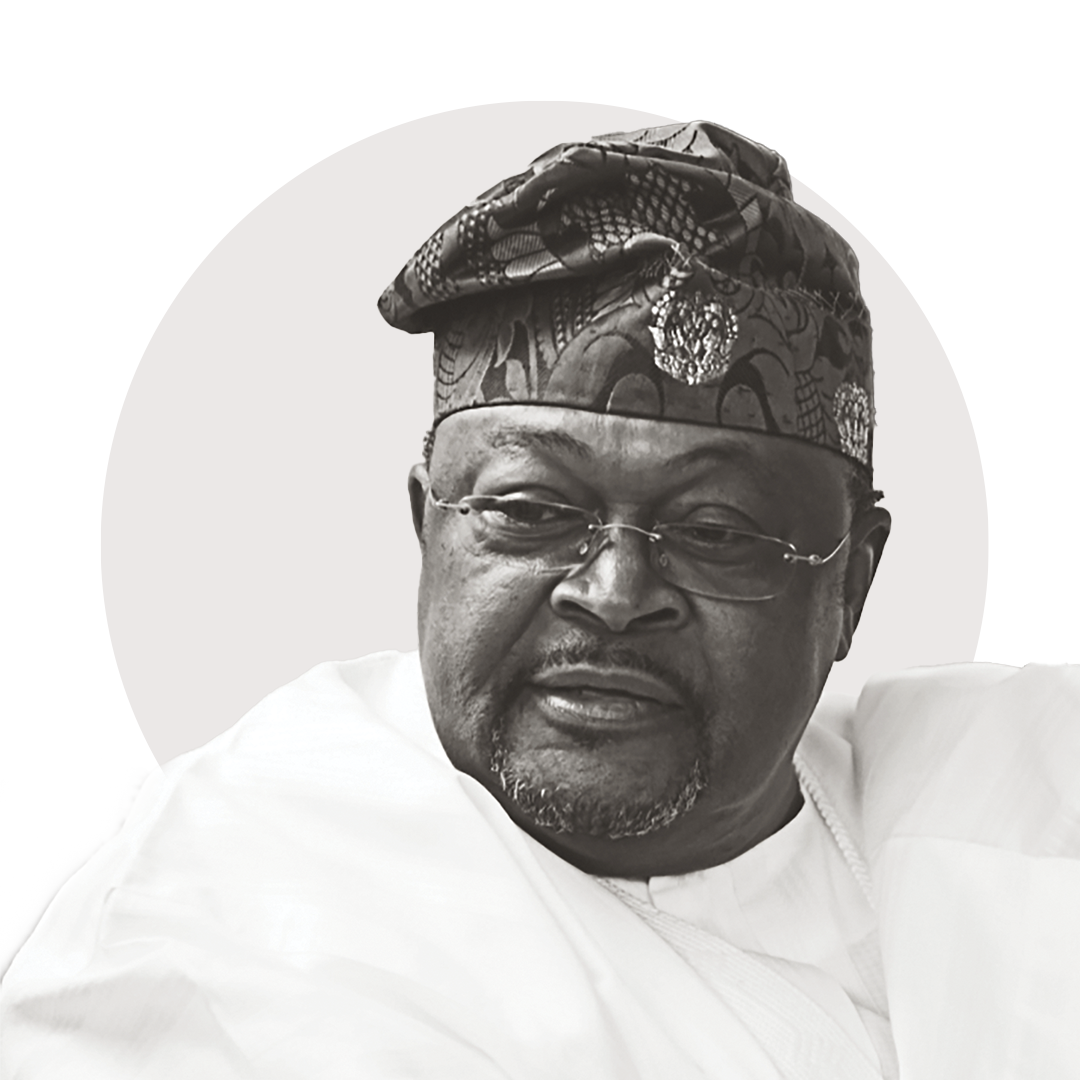Microsoft’s $19.7 billion acquisition of artificial intelligence speech recognition company Nuance Communications, the software giant’s largest since its $26 billion purchase of LinkedIn in 2016, may signal a new binge of takeovers aimed at buttressing cash-rich Microsoft’s presence in an array of enterprise and consumer-facing businesses. Microsoft had a cash pile of more than $130 billion as of December. Its acquisition of Nuance, which pioneered the software behind Apple’s Siri virtual assistant and now focuses on speech recognition and automation for medical providers, shows the breadth of CEO Satya Nadella’s ambitions to expand beyond Microsoft’s core enterprise software business, analysts say.
“Nadella is on the M&A warpath,” says Dan Ives, an analyst at Wedbush Securities. “The next frontier for Microsoft is not just sitting on its success.”
Microsoft bought video game holding company ZeniMax Media, owner of the Doom and Wolfenstein game series, among others, for $7.5 billion in September. Before that, it tried to acquire parts of TikTok, the wildly popular short-form video sharing app, but lost out to software rival Oracle. And Microsoft is said to be in talks to buy Discord, a popular chat app, for more than $10 billion. Big winners in the Nuance deal include the speech recognition company’s largest investors, Vanguard Group, Viking Global Investors and ClearBridge Investments. The company’s three largest individual shareholders are executives at the company: Robert Weideman, an executive vice president who has been at Nuance since 2003, owns nearly 340,00 shares, worth $19 million in the transaction. Daniel Tempesta, chief financial officer and executive vice president, owns 293,550 shares, or $16.4 million. Mark Benjamin, who became chief executive officer of Nuance in 2018, owns just over 160,000 shares, worth $9 million in the deal.
While ZeniMax, TikTok and Discord are all plays in the consumer market — in which Microsoft lags behind other tech giants — Nuance is a deal to bolster its enterprise business. Based in Burlington, Massachusetts, Nuance is the maker of speech recognition and artificial intelligence technology that has shifted its focus primarily to the healthcare sector, with over 60% of its revenue coming from that industry. Microsoft’s purchase of Nuance, announced Monday, includes $16 billion in cash and $3.7 billion in assumed debt. Nuance artificial intelligence technology could be applied to other industries for which Microsoft operates industry-specific clouds, including retail, manufacturing, financial services and nonprofits, says Mark Moerdler, an analyst at Sanford C. Bernstein & Co. “The capabilities of what Nuance owns are applicable outside of the healthcare industry,” Moerdler says.
Enterprise software has been Microsoft’s crown jewel for some time. It has expanded beyond its Microsoft Windows line of operating systems, Microsoft Office suite and its Internet Explorer and Edge web browsers by successfully establishing its foothold in cloud with Azure, its cloud computing service that now competes directly with Amazon Web Services (AWS). Its acquisition of LinkedIn makes it the operator of the most popular professional-oriented social network.
Loading...
In a foreshadowing of its latest acquisition, Microsoft partnered with Nuance last year to launch Dragon Ambient Experience, a product that records and transcribes physician-patient conversations, automatically filling out electronic medical records. The product “was a solution for telehealth in response to the overwhelming increase in virtual visits sparked by the Covid-19 global pandemic,” a Nuance press release stated at the time. The next month, Microsoft announced it was building Microsoft Cloud for Healthcare, which officially launched in October.
“When you look at the specific tech that Nuance brings in terms of speech recognition and conversational AI, Microsoft has been clearly heavily investing in that area for some time on its own,” says Jay Vleeschhouwer of Griffin Securities.
Some of the largest healthcare companies are Nuance customers, including Athena Health, John Hopkins School of Medicine, Cerner, Epic, Vanderbilt University Medical Center and Yale New Haven Health. This gives Microsoft an opportunity to incorporate those clients and drive more traffic into Azure — an important strategy for the company, according to Michael Turits, an analyst at KeyBanc Capital Markets. “[Microsoft] is spending billions of dollars to build out Azure, and it is a factory. Now let’s fill up the factory.”
Some analysts say it was a blessing that Microsoft’s attempt to buy TikTok failed. “The best thing that ever happened for Microsoft is that deal not happening,” Ives said of Wedbush. “It would have just added uncertainty to Microsoft at a time when the company is firing in all cylinders.” The flurry of actual and attempted dealmaking shows that Microsoft wants to compete in consumer tech. “I believe they need to be more aggressive on the consumer side because that’s the area where they’re playing behind the eight ball,” he says.
Discord, a videogame-focused messaging platform, would be a consumer play for Microsoft that some analysts believe would mesh well with its gaming business. Microsoft has the console XBox, game streaming service XCloud, and a Netflix-for-gaming product called GamePass.
Future acquisition targets for Microsoft remain to be seen, but they are likely to be companies that can drive growth for the company’s current products, says Moerdler of Sanford C. Bernstein. “It’s not about buying a company because it’s growing well or buying revenue,” he says. “It’s buying things that can positively disrupt its own business.”
By Angel Au-Yeung, Forbes Staff
Loading...





















